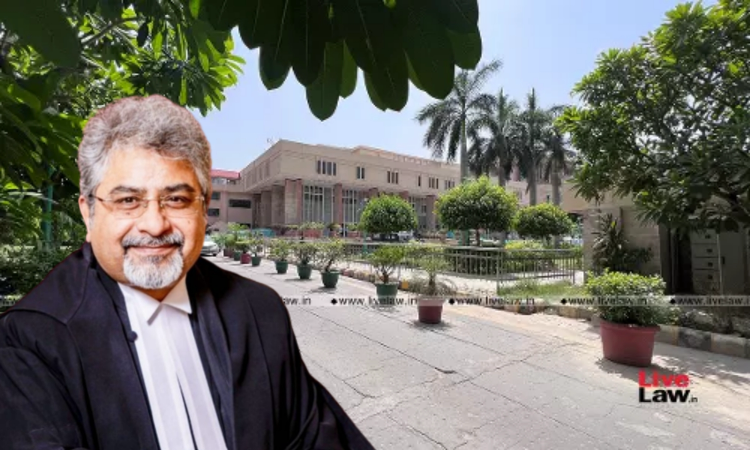- Home
- /
- High Courts
- /
- Delhi High Court
- /
- Confinement In A Room Sufficient To...
Confinement In A Room Sufficient To Frame 'Wrongful Confinement' Charge, Tying Of Victim's Hands Not Necessary: Delhi High Court
Nupur Thapliyal
19 July 2025 2:43 PM IST
The Delhi High Court has observed that confinement within a room is sufficient to make out a prima facie case for framing charge for the offence of wrongful confinement.Justice Girish Kathpalia set aside the discharge of two men accused of beating and confining a woman in their house. The Court allowed the Delhi Police's plea challenging the trial court order discharging the two men for...
The Delhi High Court has observed that confinement within a room is sufficient to make out a prima facie case for framing charge for the offence of wrongful confinement.
Justice Girish Kathpalia set aside the discharge of two men accused of beating and confining a woman in their house.
The Court allowed the Delhi Police's plea challenging the trial court order discharging the two men for the offence under Section 323 (voluntarily causing hurt) and 342 (wrongful confinement) of the Indian Penal Code, 1860.
The woman alleged that she was working in the company owned by one of the accused wherein the other accused also used to work. It was alleged that one of the accused established physical relations with her on the pretext of marriage and one day, when she went to discuss about the same, the duo had beaten and confined her.
The Court observed that merely because MLC of prosecutrix did not reflect injuries, her explicit statement that she was beaten up cannot be discarded.
It added that there was an explicit statement of the prosecutrix in the FIR that she was confined by the accused in his house.
“For wrongful confinement, it is not necessary that the victim must be immobilized by tying his hands. Confinement within a room, as alleged in the present case, also would suffice in order to make out a prima facie case for framing charge for offence under Section 342 IPC,” the Court said.
On the allegations of wrongful confinement as well as voluntary hurt by way of beatings, the Court said that the statement of prosecutrix in the FIR was clear and specific that the same was done by both the respondents with a common intention.
“Therefore, the present petition is allowed, setting aside discharge of the respondents for offence under Section 323/342/34 IPC and matter is remanded back to the learned trial court to decide afresh on these aspects,” the Court said while allowing the plea.
Title: THE STATE GOVT OF NCT OF DELHI v. MUKESH & ANR
Citation: 2025 LiveLaw (Del) 821



